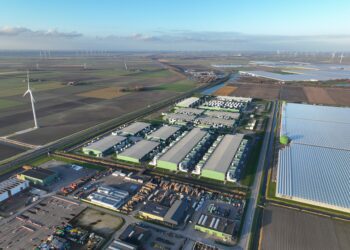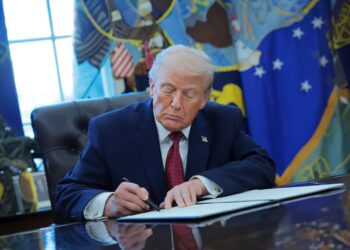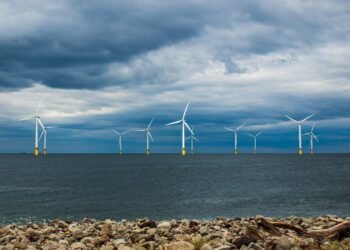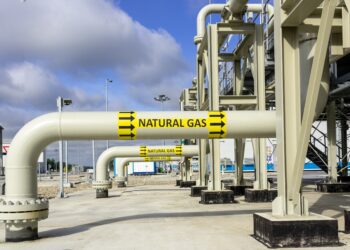DUBAI, United Arab Emirates — U.S. President Donald Trump will touch down in the Persian Gulf region – or as he may soon be calling it, the Arabian Gulf – on May 13, for an official trip with stops in Saudi Arabia, Qatar and the United Arab Emirates.
The stakes are high, as the visits take place amid turbulent geopolitical tensions. On the agenda will be Israel-Gaza war ceasefire talks, oil, trade, investment deals, and the potential for new policy developments in the areas of advanced semiconductor exports and nuclear programs.
“We expect to see a lot of announcements. And I think in a broad spectrum of areas as well,” Monica Malik, chief economist at Abu Dhabi Commercial Bank, told CNBC’s Dan Murphy on Friday. She noted the potential removal of Trump’s 10% tariffs on aluminum and steel, which would be a positive for the Gulf states as some of them export those metals to the U.S., though they make up only a small percentage of the countries’ GDPs.
Trump has long enjoyed a warm relationship with Gulf Arab states, in particular the UAE and Saudi Arabia, where his children have several business ventures and planned real estate projects. Those relationships could strengthen the countries’ hands when it comes to negotiating new trade deals – while also raising concerns among critics over potential conflicts of interest, accusations the Trump family rejects.
Wall Street and AI in the Gulf
The presidential visit is drawing several Wall Street and Silicon Valley titans to the Saudi kingdom. A Saudi-U.S. investment forum announced just this week and set to take place on May 13 in Riyadh will feature guests including BlackRock CEO Larry Fink, Palantir CEO Alex Karp, and CEOs of major firms like Citigroup, IBM, Qualcomm, Alphabet, and Franklin Templeton, among others. White House AI and crypto czar David Sacks will also be in attendance.
“We also expect to see a lot of investment deals being announced,” Malik said. “And both ways, we’ve already seen the UAE announce a number of investments in the U.S. in areas such as AI, energy, aluminum, but we also think that there will be opportunities for U.S. companies to increase investment.”
Both Saudi Arabia and the UAE have invested heavily in AI infrastructure with the goal of becoming global hubs for the technology. Therefore, likely top of mind for those leaders is the future of U.S. semiconductor exports, the most advanced of which they so far have not gained access to due to national security concerns. But that may soon be changing.












